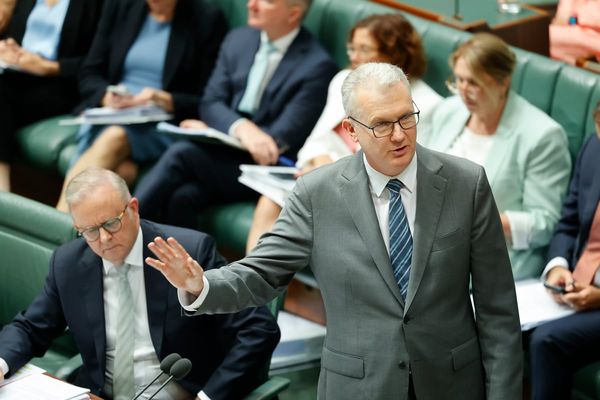
The president of the Lebanese American University in Beirut (LAU), Dr. Michel Mawad, said that the education sector in the country would witness five lean years, as a result of the financial and economic crisis and the lack of resources.
In an interview with Asharq Al-Awsat, Mawad pointed to the danger of the human capital flight, which he said would take several years to compensate.
He stressed that brain drain and the loss of educational energy in the higher education sector would have long-term repercussions and require many years to address.
“At the university, we face many difficulties, and we thank God that we overcome them one by one,” Mawad said.
“The great difficulty that people do not notice is the brain drain from Lebanon and the university. Today, we have lost between 20 to 25 percent of doctors who have specializations from abroad. This affects the education of students in medicine, pharmacy or nursing…” he warned.
In addition to the loss of human and educational capacity in the higher education sector, which Mawad deems “harmful to the sector,” he noted that many of the students could no longer afford the tuition fees because the purchasing power has decreased by about 15 times.
“We are doing our best to bring in the funds to retain the students. This priority stems from the fact that the Lebanese University has become almost absent, forcing students to resort to small businesses,” Mawad emphasized, pointing to the risk of the desperate youth being dragged into extremist organizations due to the spread of poverty in the country.
He stressed that based on LAU’s determination to promote the advancement and support the youth, the university has provided last year $70 million in scholarships and around $100 million for the current 2022-2023 academic year.
This has led to an increase in the number of students from 8,360 in 2021 to 8,500 students this year.
Mawad underlined the need for funds in US dollars to cover the university’s expenses.
“We buy fuel in US dollars; we used to spend $1.3 million annually, but now our budget is $8.7 million in expenses for electricity, internet, water and heating,” he said, stressing that the LAU is a private, non-profit organization, “but we are forced to secure the alternative to what the state could not provide, and this puts pressure on us.”
The president of the LAU revealed that the university’s deficit in the past two years amounted to $72 million, forcing it to withdraw the equivalent amount from the endowment in the United States to cover its expenses and enable professors to continue their mission.
“We have reached the stage of turning off the lights in some buildings, not only because of the high cost of diesel but also because of its shortage,” he stated.
Despite all the challenges, Mawad said that the university has kept pace with modern scientific developments, and has taken the lead in launching new specializations in artificial intelligence, nanoengineering, and robotics, in addition to the opening of modern laboratories in the faculties of medicine and engineering.
Other important achievements include the opening of the University Medical Center in Jounieh, known as Saint John Hospital, in continuation of the university's mission to interact with its community and promote its advancement.
According to Mawad, Lebanon’s exit from its crisis depended on time and liquidity. “We are seeking in various ways to find foreign sources of funding,” he noted.
The LAU has launched an online educational plan, but Mawad said that the Ministry of Education has not yet approved the granting of online degrees.”
“We are working with a company to market our online specializations for students outside Lebanon, and we tell all students who study online that this certificate is not recognized in Lebanon, but only abroad”, he continued.
In addition, the LAU has offices in New York since 2013 and now is starting to convert them into a university campus due to the huge demand by non-American students, who wish to pursue their education in the US, Mawad noted.
“We are also seeking to repeat this experience in Arab countries, and we have hired companies to study the market in Saudi Arabia, and we have been informed that there are opportunities in Riyadh, and an option in Baghdad,” he told Asharq Al-Awsat.
LAU is seeking to expand in the Arab region and build a university campus in Baghdad, during the next three years. This will include campuses and colleges for medical sciences.
“The university is growing... We are not politicized or follow a specific religion, and we do not differentiate between students. We use all our energies to educate our students and allow them to have the best work opportunities in Lebanon and abroad,” Mawad underlined.
In light of the weak government supervision that led to the spread of random universities and the issuance of fake degrees, the LAU president insisted that well-established non-profit universities such as AUB, LAU, USJ, and others, have put among their priority maintaining high-quality education.
All funds received “are used to cover expenses, develop the university's premises, laboratories, scientific research centers, and also help students,” he stated.







